Uk Electronics are excited to see what 2020 holds; here are our predictions for the year ahead.
2019 was a turbulent year at times with trade wars and such, however a trend that looks to continue into this new decade is that innovation is moving rapidly and technology is becoming increasingly more powerful.
It’s not sensible of us to suggest exactly how the 2020 electronics industry landscape will look but there are growths and trends we have picked up on that we believe will influence the year ahead.
Environmental accountability
We believe that environmental accountability will be more of a priority for both innovative spearheads and the contract manufacturers as pressure is increased to be more green. Manufacturers are expected to commit to optimising their facilities and production processes whilst manufacturers and their clients are to assess the environmental impact of each product throughout its lifecycle – from product design, materials management, storage, packaging and recyclability.
Consumer trends
This decade looks to be massive for technology with some truly revolutionary advancement on the horizon. It’s an exciting time as the world gears up for 5G, further IoT integration, smarter cars, advances in extended reality and that’s just to name a few. Consumers will soak up these new technologies and the responsibility to keep up with demand will need to be met.
Medical advancements
Medical advancements and electronics have long gone hand in hand. Wearable electronics in the medical field are a significant development that opens up many opportunities. Thin, wearable electronics that can be worn on the skin to monitor vital signs such as heart and brain functions and transmit that data to a smartphone or computer for real-time health analysis. These technologies have the potential to fundamentally change the way treatment is administered, as intuitive monitoring technology can give more accurate and personalised readings of all the health risks of an individual.
AI in PCB manufacturing
In printed circuit board (PCB) manufacturing, Artificial Intelligence (AI) presents many opportunities for the years ahead and could bring about a significant shift in the way manufactures work. Most PCB designers manually route and design their boards (a time-consuming and intricate process) but AI placement in PCB design offers an alternative for a new era of innovation — one where production processes are streamlined, and outcomes are improved in ways never achieved before.
The introduction of AI into PCB manufacturing is especially critical as the market moves toward Industry 4.0 — or the ‘Smart Factory’ of the future.

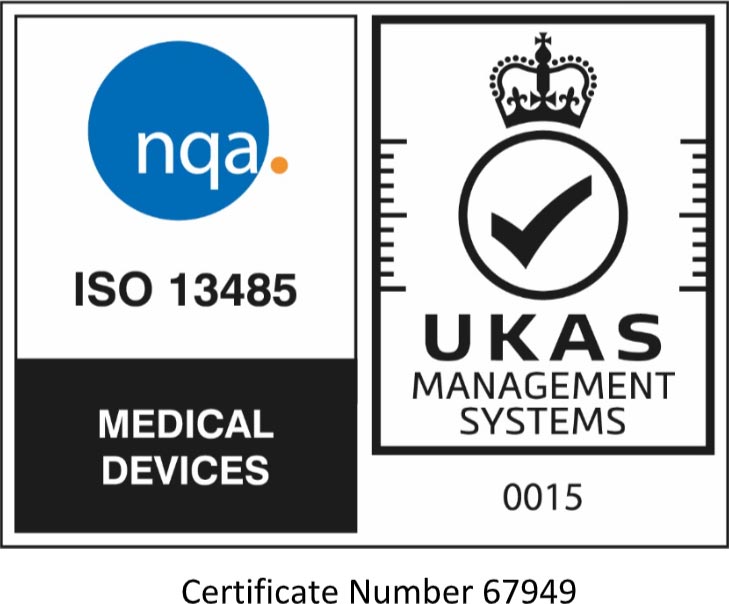
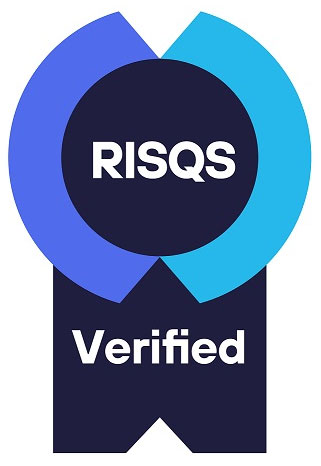




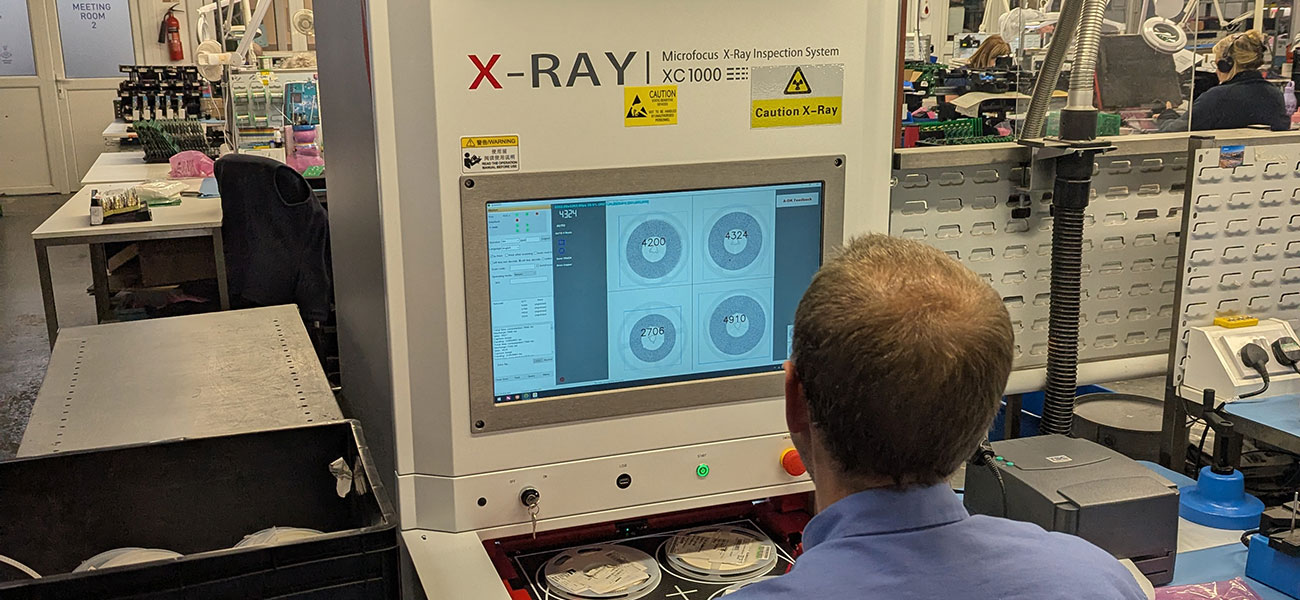
 PCB Design
PCB Design 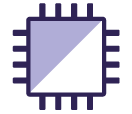 Electronic Assembly
Electronic Assembly 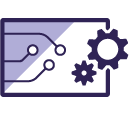 PCB Prototyping
PCB Prototyping  EMC Testing
EMC Testing 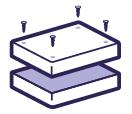 Box Build
Box Build 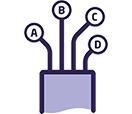 Cable Assembly
Cable Assembly